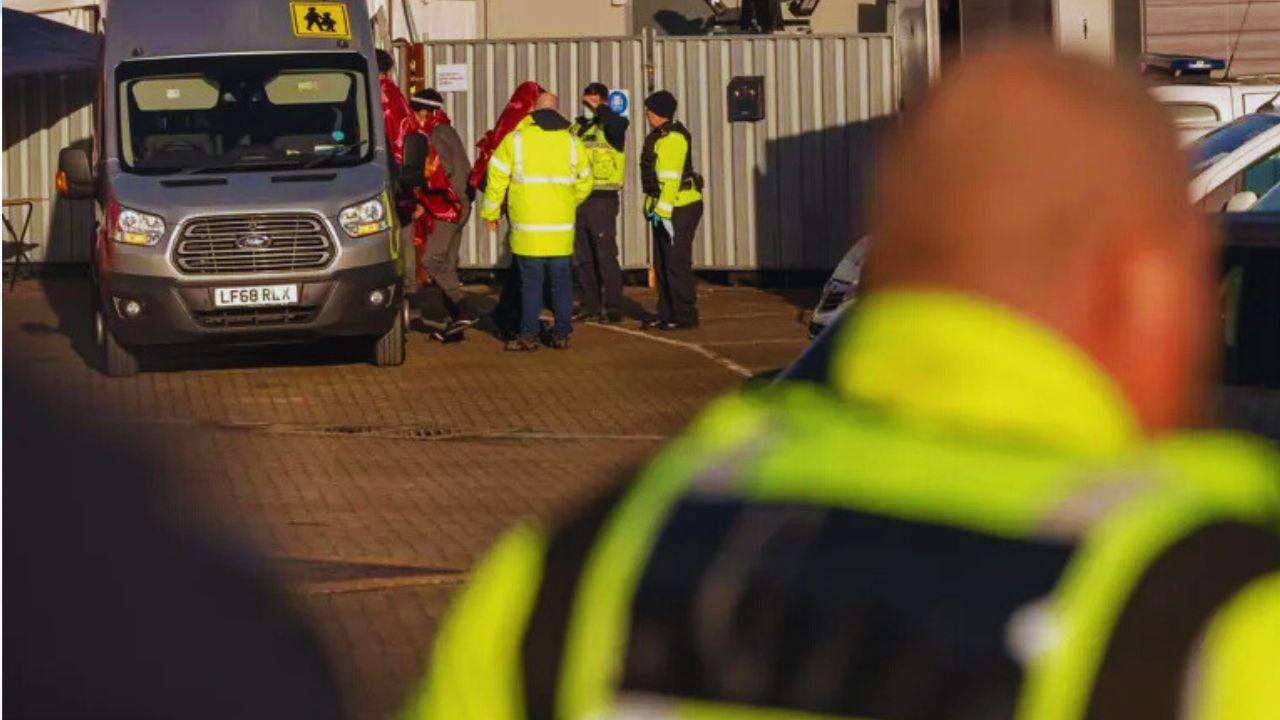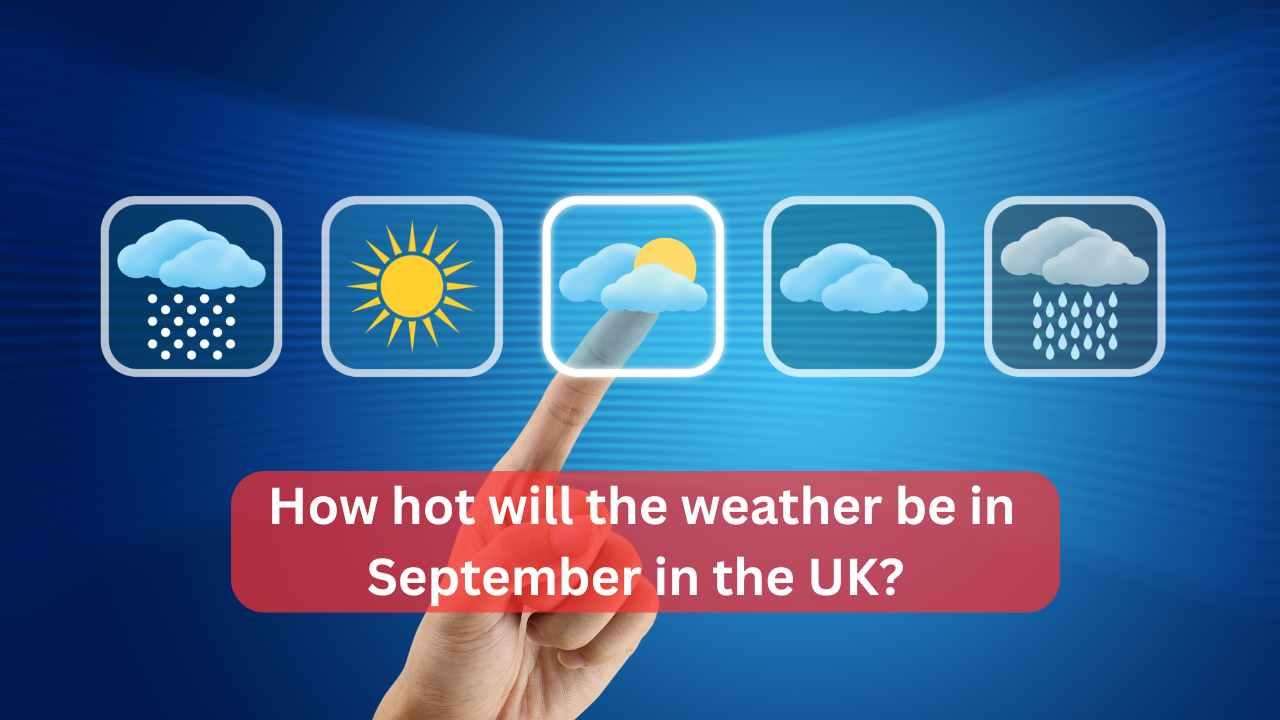Workers earning £60,000 and claiming Child Benefit will soon see changes in how their High Income Child Benefit Charge (HICBC) is deducted, following a policy update from HMRC.
His Majesty's Revenue and Customs (HMRC) has announced a simplification of the HICBC payment process for families. Currently, individuals who claim Child Benefit must pay the charge if they—or their partner—earn above the income threshold, which is set at £60,000 for the 2024/25 tax year and will remain unchanged in 2025/26.
The charge is calculated as 1% of the total Child Benefit received for every £100 of income over £60,000. Once an individual’s earnings reach £80,000, the benefit is fully withdrawn.
At present, HICBC is paid through Self Assessment, requiring affected individuals to complete and submit a tax return each year. However, the government is introducing an alternative method, allowing parents to pay the charge via PAYE.
Starting in summer 2025, employed parents who choose this option will have the charge automatically deducted from their payslips, eliminating the need to register for Self Assessment. This new system will be introduced through a digital service.
In a statement on X (formerly Twitter), The Treasury announced: "We are making it simpler for families to pay their High Income Child Benefit Charge (HICBC). From Summer 2025, employed parents will have the option to pay their HICBC through PAYE, removing the need to register for Self Assessment."
The policy change was also outlined in a government document released after Chancellor Rachel Reeves' Spring Statement, confirming that individuals liable for HICBC will be able to report their Child Benefit payments through a new digital service and opt for PAYE deductions.
Families earning £60,000 or less will continue to receive the full amount of Child Benefit, provided the child lives with them or they contribute the equivalent amount toward the child's care. Only one parent or carer can claim the benefit, and they can decide who will receive it.
Those with an individual "adjusted net income" below £60,000 for the full tax year will not be required to pay the charge.
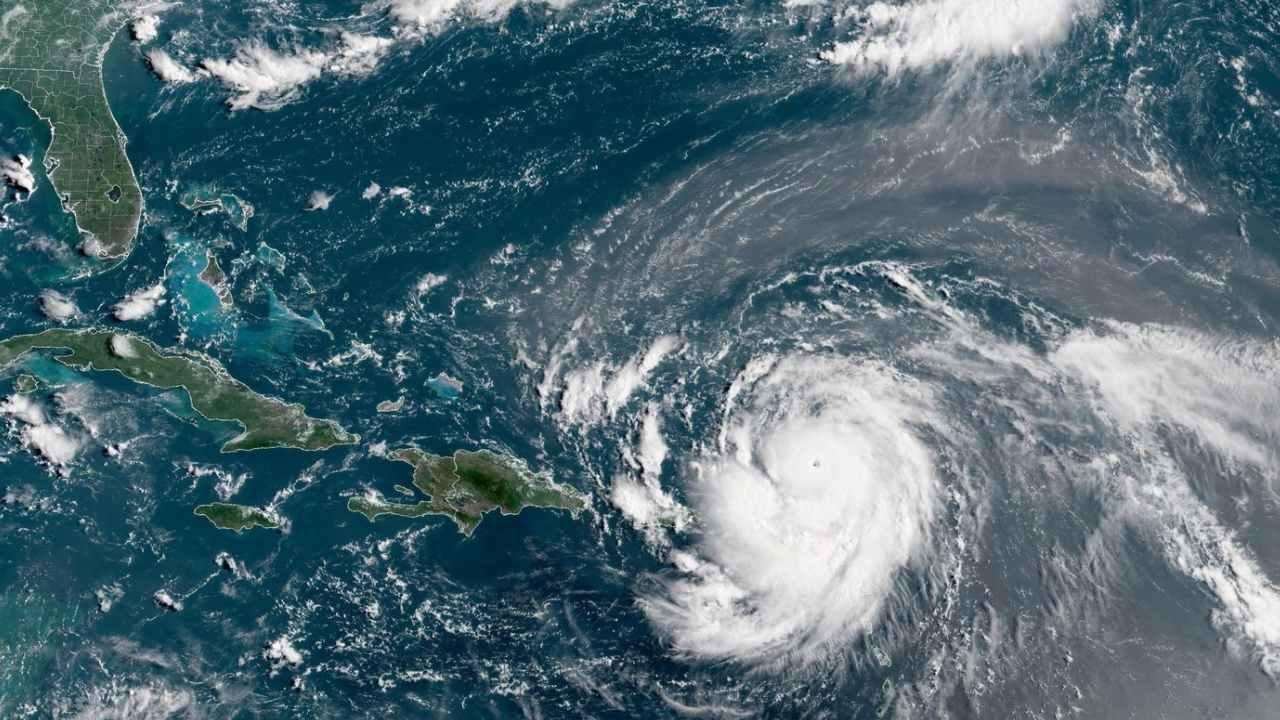
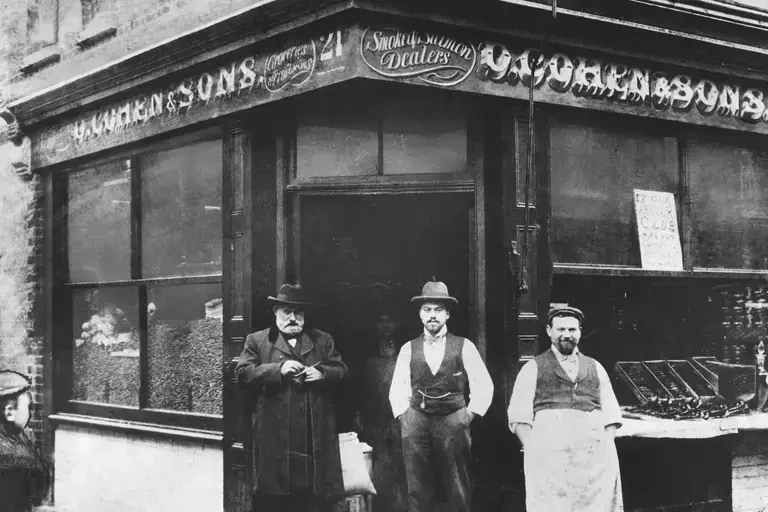

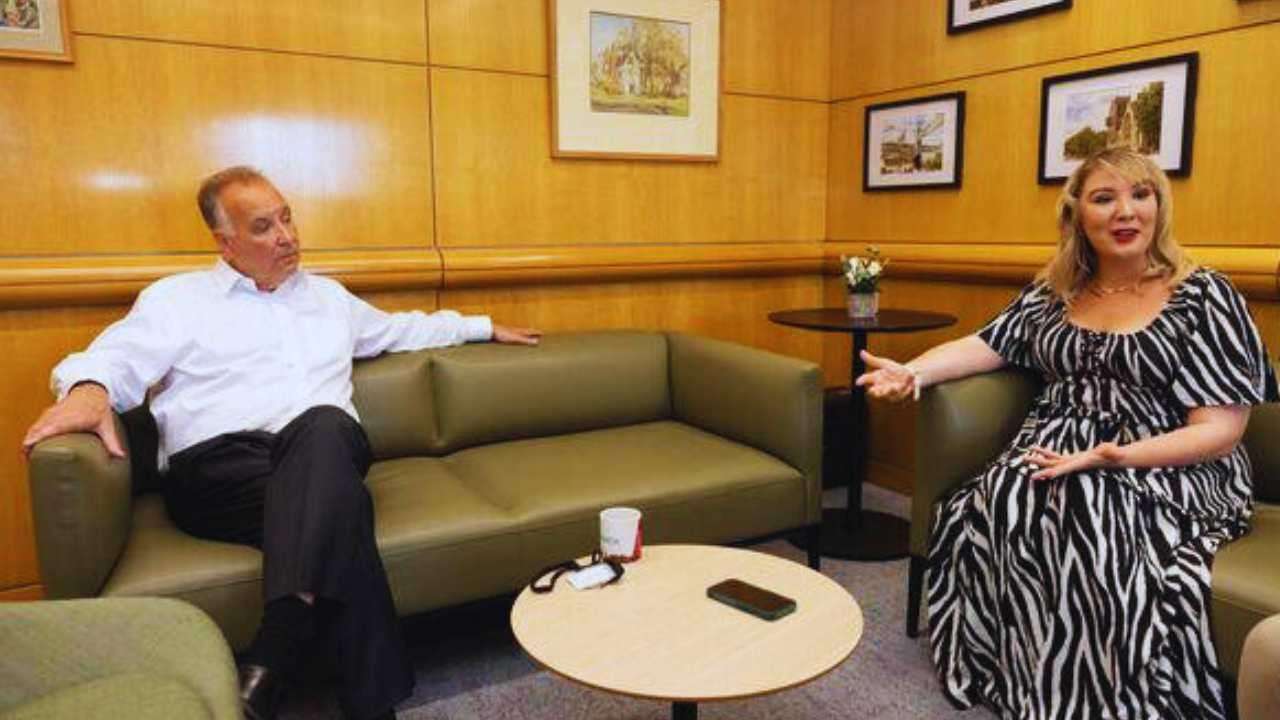



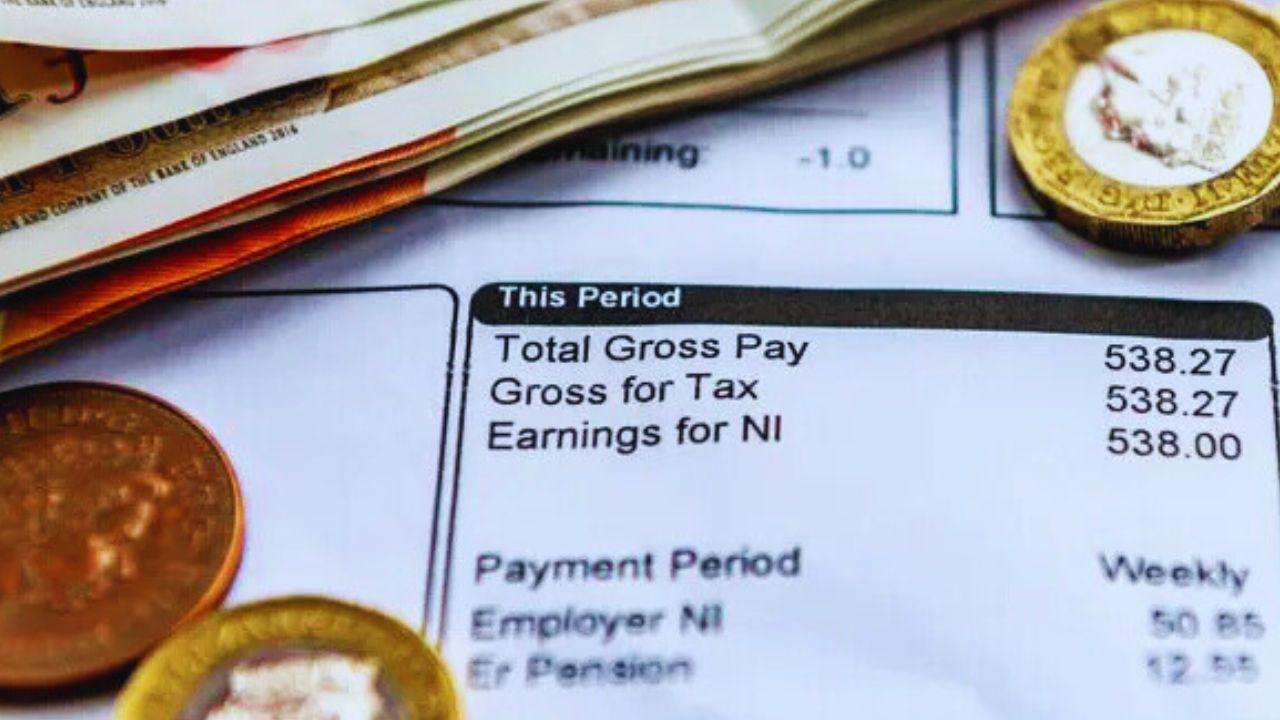
.svg)


